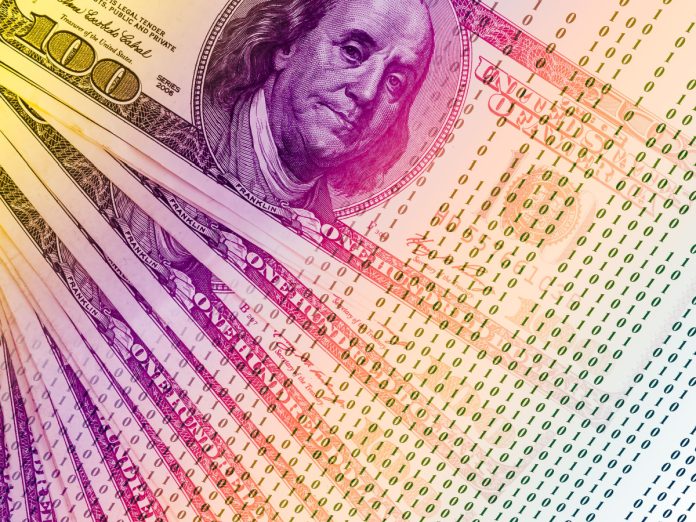Central Bank Digital Currencies (CBDCs) continue to cause controversy in the US after Majority Whip Tom Emmer reintroduced legislation to ban them.
The ‘CBDC Anti-Surveillance State Act’ aims to halt the efforts of bureaucrats from developing a US CBDC, claiming the legislation is designed to protect US citizens’ financial privacy.
Emmer currently has 50 Republican cosponsors for the proposed bill, which was first introduced in January 2022.
The anti-CBDC Act seeks to prohibit the Federal Reserve from issuing a CBDC directly to civilians and block it from mobilising itself into retail banks as it cautions the ability of the government and banks to obtain sensitive information.
Furthermore, the Act also calls to prevent the Federal Reserve from launching a CBDC through an intermediary and a two-tier financial system, as well as using the digital currency for any monetary policy and prevent it from becoming a tool to control the US economy.
Emmer commented: “The administration has made it clear: President Biden is willing to compromise the American people’s right to financial privacy for a surveillance-style CBDC.
“That’s why I’m reintroducing my landmark legislation to put a check on unelected bureaucrats and ensure the US’ digital currency policy upholds our values of privacy, individual sovereignty, and free-market competitiveness.
“If not designed to be open, permissionless, and private – emulating cash – a government-issued CBDC is nothing more than a CCP-style surveillance tool that would be used to undermine the American way of life.”
Whilst the US does not appear to have progressed with its CBDC development as other countries, President Biden has shown considerable interest in a potential digital dollar with one of his advisors even going as far as to state there were plans to launch one.
White House opposition to a US CBDC is nothing new, as Republican representative Ted Cruz called for a ban on the digital currency from entering the market last March proposing his own bill.
He commented on the likelihood of a digital dollar, stating: “The federal government has no authority to unilaterally establish a central bank currency.”
“The bill goes a long way in making sure big government doesn’t attempt to centralise or control cryptocurrency and instead, allows it to thrive in the United States. We should be empowering entrepreneurs, enabling innovation, and increasing individual freedom, not stifling it.”





















